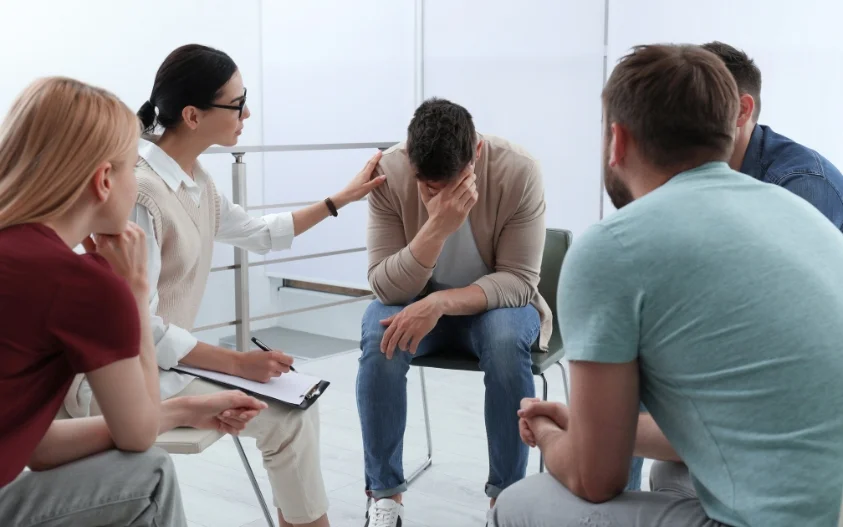24/7 Helpline:
(866) 899-221924/7 Helpline:
(866) 899-2219
Learn more about Opioid Rehab centers in Greenville
Opioid Rehab in Other Cities

Other Insurance Options

Private insurance

Medical Mutual of Ohio

MVP Healthcare

Ceridian

CareSource

BHS | Behavioral Health Systems

Group Health Incorporated

Humana

Horizon Healthcare Service

Magellan Health

Evernorth

Meritain

Health Partners

State Farm

American Behavioral

Sliding scale payment assistance

Premera

MHNNet Behavioral Health

Excellus

Access to Recovery (ATR) Voucher














